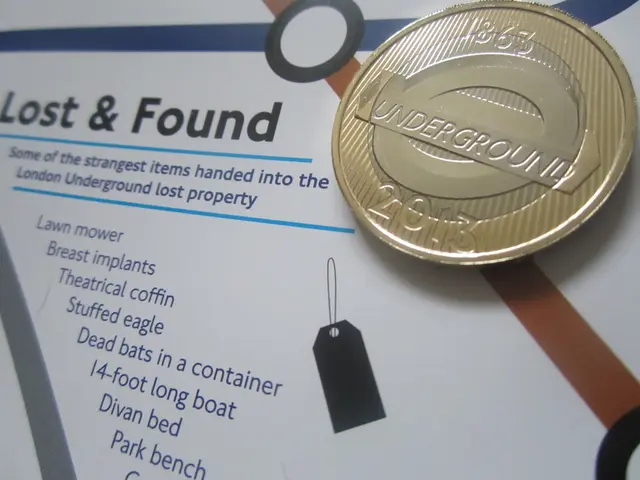Poker Gains Legal Status in Thailand Following Official Classification Change
In a groundbreaking move, the Sports Authority of Thailand officially recognized poker as a legal betting activity and classified it as an official sport on July 26, 2025. This designation has opened the door for regulated local leagues, international competitions, and sponsorships, thus legalizing and legitimizing poker tournaments within the country [1].
The recognition of poker as a mind sport aligns it with other competitive games like chess and bridge. This move is expected to help destigmatize card-based competitive games in Thailand and promote the development of professional events. By establishing a legal framework for competitive poker, Thailand potentially creates synergies with the broader competitive gaming ecosystem, including esports, by attracting international players, sponsors, and developing organized competitive structures [1].
Interestingly, this legalization occurred amidst Thailand's simultaneous shelving of broader casino legalization efforts, which faced political and public opposition and were officially abandoned in early July 2025 [2][3][4]. As a result, poker stands out as a legal and officially recognized competitive gambling activity, even as large-scale casino gambling remains illegal.
Betting on poker matches is now allowed, provided the player is participating. This reclassification could pave the way for other digital and skill-based games to gain similar recognition. Many Thai individuals have joined Punsri in global poker leagues, with Punnat Punsri, a globally recognized poker player, helping to build awareness and respect for the game locally. Punsri is widely regarded as one of the world's best poker players [1].
The Thailand Poker Association, led by Latthasanya Piensomphan, plans to promote more events, develop local poker infrastructure, and foster community engagement. The Asian Poker Tour, currently running in Incheon, South Korea, is popular among Thai competitors. The legalization of poker is expected to boost the growth of the poker community in Thailand and foster a regulated competitive gaming environment, although explicit documented impacts on esports remain unspecified in the sources [1].
In summary, the recognition of poker as a sport in Thailand has paved the way for its growth as a legitimate competitive activity. This legalization may indirectly benefit the esports sector by fostering a regulated competitive gaming environment, although explicit documented impacts on esports remain unspecified in the sources.
Poker, now recognized as a legal betting activity and classified as a sport in Thailand, aligns with other competitive games like chess and bridge. This development could potentially open avenues for other digital and skill-based games to gain similar recognition, as shown by the increasing number of Thai individuals participating in global poker leagues.








